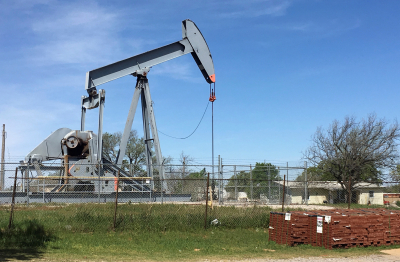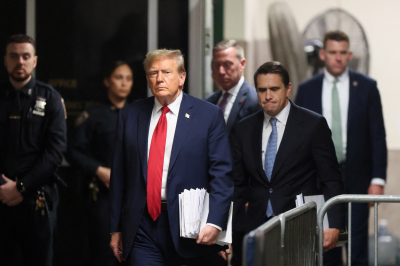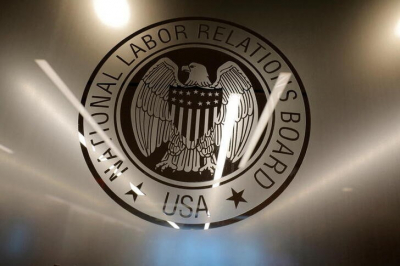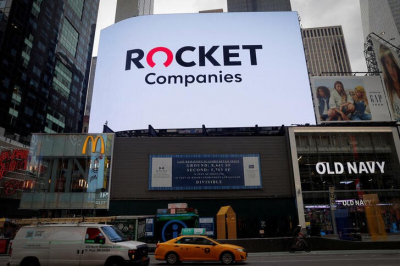
Navigating the Timing Conundrum: Deciphering the Logic Behind ADNOC's German Oil Deal
"Timing Challenges, Strategic Logic: ADNOC's Potential Bid for Wintershall Dea Amidst COP28 Leadership"
In a confluence of intriguing developments, Sultan al-Jaber, the head of Abu Dhabi National Oil Company (ADNOC), finds himself at the crossroads of potential opportunity and challenging optics. As ADNOC contemplates a bid for BASF-owned Wintershall Dea at a potential valuation of $11 billion, the timing seems less than ideal, particularly as al-Jaber oversees COP28, a global climate conference emphasizing sustainability.
ADNOC's interest in European assets, however, is not new. The UAE giant is already in negotiations to acquire Covestro, a German chemical company, for $12 billion. The pursuit doesn't stop there, with plans to merge polyolefins businesses Borouge and Borealis, jointly owned with Austria's OMV, reflecting strategic moves influenced by Russia's retreat from Europe's gas market and Abu Dhabi's considerable financial resources.
The potential acquisition of Wintershall holds strategic merit. Beyond supplying feedstock gas for Covestro's petrochemical processes, Wintershall's ownership of extensive gas pipelines and terminals in Germany and Norway aligns with ADNOC's ambitions to transport UAE liquefied natural gas and hydrogen throughout Europe. Moreover, Wintershall's licenses for carbon capture projects in the UK and Norway align with ADNOC's $15 billion commitment to low-carbon technologies by 2030.
Wintershall's relative affordability, following its exit from Russia and a 5.3 billion euro writedown in January, adds to the appeal. At the reported enterprise value, the company would be valued at 2.4 times the 4.1 billion euros of EBITDA it generated in the past 12 months, presenting an attractive proposition compared to industry averages.
The potential acquisition offers a strategic advantage for both parties. For ADNOC, it provides a pathway into European gas infrastructure and a seamless exit for BASF, offering a potentially higher valuation than the initially planned IPO. With Abu Dhabi's financial prowess, the prospect of a smooth acquisition is well within reach, shaping a narrative where strategic logic converges with complex timing considerations in the evolving energy landscape.
"In the Chess Game of Energy Deals, ADNOC Eyes Wintershall Dea: A Delicate Dance of Strategy and Perception"
Amidst the complex maneuvers in the energy sector, Abu Dhabi National Oil Company (ADNOC) has set its sights on a potential acquisition of BASF's energy business, Wintershall Dea, as reported by Bloomberg on November 23. With speculations suggesting a valuation exceeding 10 billion euros ($11 billion), this strategic move unfolds against the backdrop of Wintershall still navigating the legal separation of its Russian division, expected to conclude by mid-next year.
Wintershall Dea's significance to both Norway and Germany adds a layer of complexity to the prospective deal, potentially inviting close scrutiny from the concerned states. The pace of Wintershall's internal restructuring and the geopolitical intricacies involved in its operations present a nuanced landscape for ADNOC to navigate.
In a delicate dance where strategy meets perception, the timing of ADNOC's exploration aligns with heightened global attention on the UAE's involvement in COP28, raising questions about the intertwining of environmental commitments and strategic energy decisions. However, the measured pace in the face of accusations suggests a thoughtful approach by ADNOC, acknowledging the need to balance operational strategy with broader global perceptions.
As the chess pieces move in the realm of energy geopolitics, the unfolding scenario between ADNOC and Wintershall Dea reflects the intricate dance of industry dynamics, legal complexities, and the broader narrative of nations shaping their energy destinies. The story continues to evolve, with each move carefully calculated in this high-stakes chess game of energy deals.
In conclusion, ADNOC's contemplation of acquiring Wintershall Dea unfolds as a calculated move in the intricate chess game of energy geopolitics. The potential deal, with a valuation exceeding 10 billion euros, is set against the backdrop of Wintershall's ongoing legal separation of its Russian division, adding a layer of complexity to the strategic maneuver. The significance of Wintershall to Norway and Germany invites a closer examination by concerned states, creating a nuanced landscape for ADNOC's exploration.
As the chess pieces move, the timing of ADNOC's interest, coinciding with heightened global scrutiny of the UAE's involvement in COP28, introduces a delicate dance between strategic energy decisions and environmental commitments. The measured pace adopted by ADNOC in the face of accusations suggests a thoughtful approach, acknowledging the need to balance operational strategy with broader global perceptions.
The unfolding scenario reflects the dynamic interplay of industry dynamics, legal intricacies, and the broader narrative of nations shaping their energy destinies. With each move carefully calculated, the story continues to evolve in this high-stakes chess game of energy deals, underscoring the strategic depth and foresight required in navigating the complexities of the global energy landscape.





